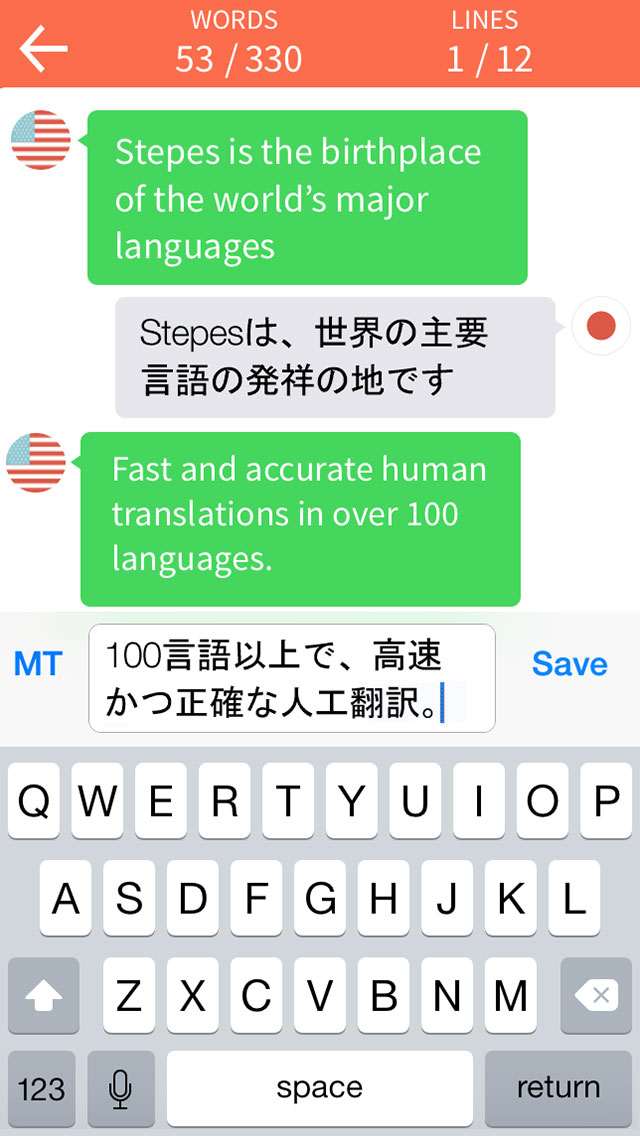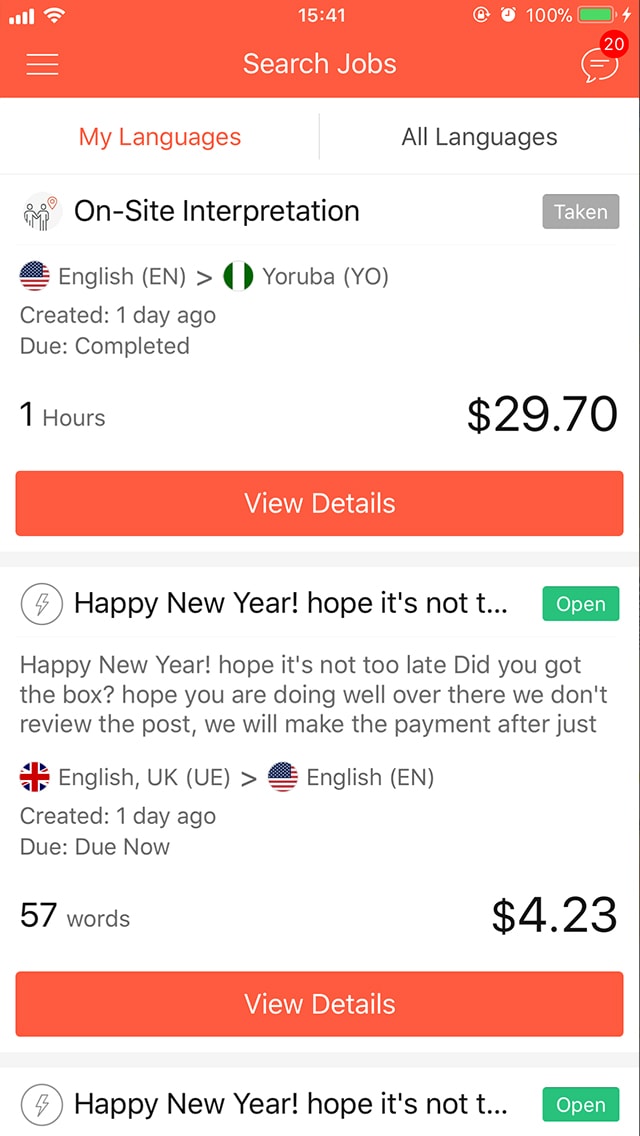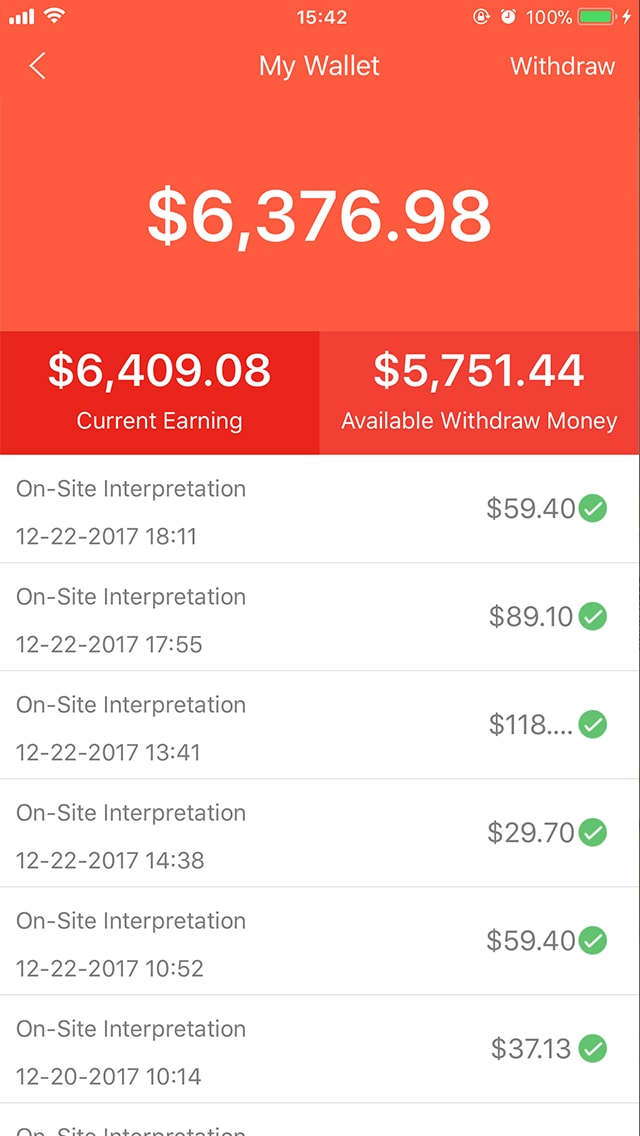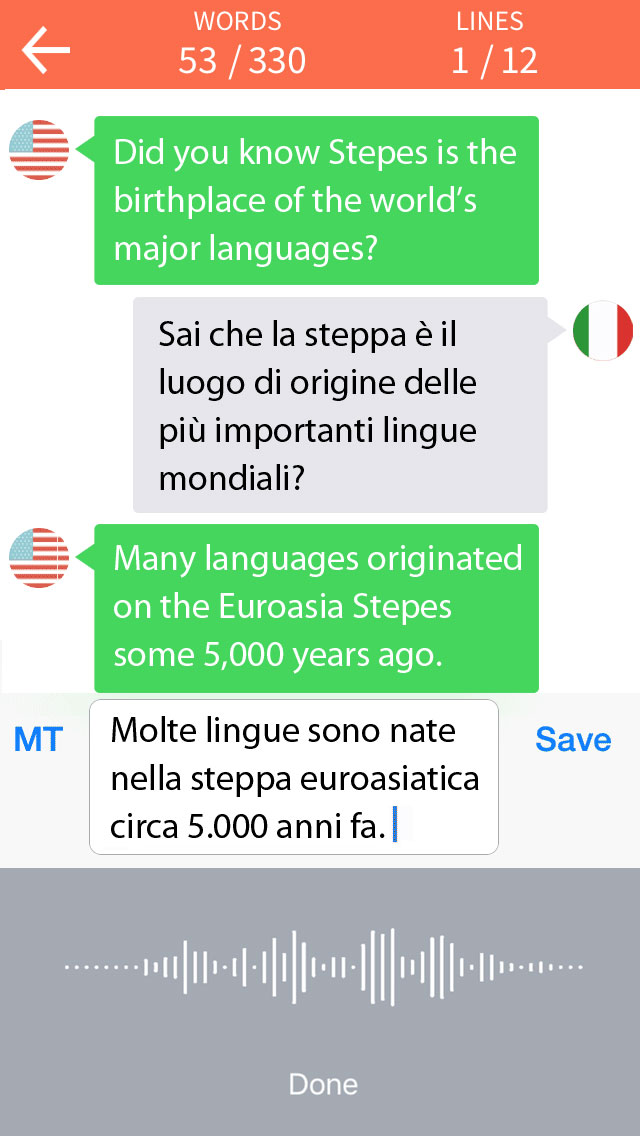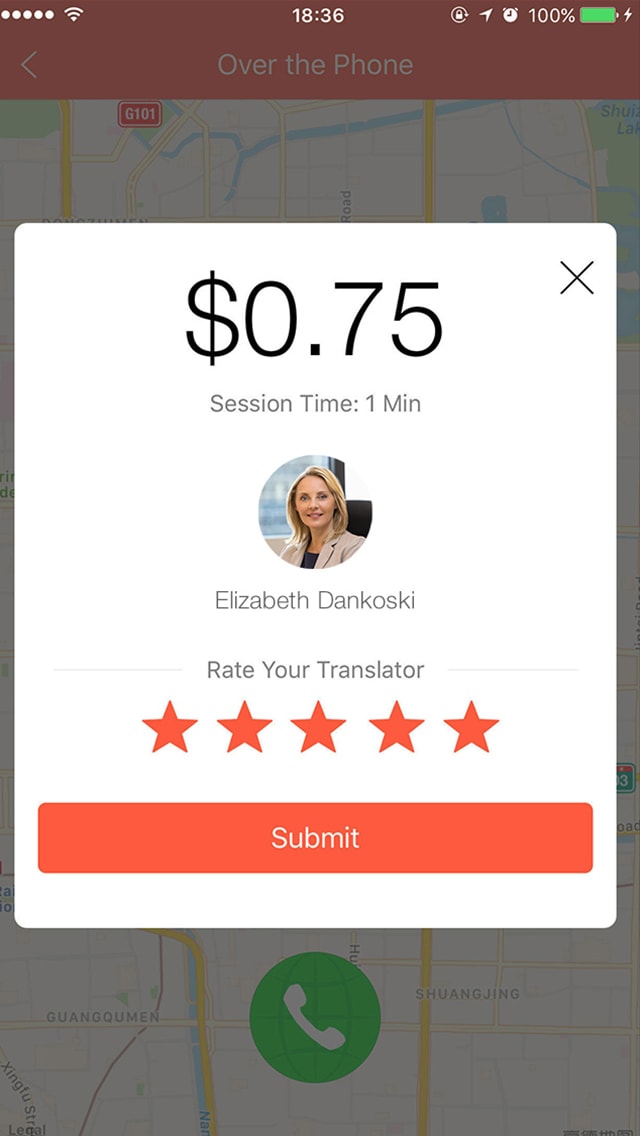Translate, Interpret and Earn Money – anywhere, anytime
Before Stepes, translation tools were desktop-based. However, with Stepes’ patent pending mobile translation technology, translators can utilize the advanced mobile application to use the app and earn money – anywhere and at any time.
Download Stepes Android and iOS App

How Does It Work?
Stepes divides large translation text into smaller segments much like text messages. While using Stepes, users will feel as if chatting with a friend while translating each text bubble using the keyboard or voice dictation. With that, Stepes redefines the way we translate.

Stepes Into Big Translation
Like Big Data, Big Translation will transform the way we communicate.
Uber of Translation
With Stepes, linguists are able to translate anywhere at anytime, allowing them to earn extra money in their spare time on the Stepes Marketplace. They will no longer depend on desktop applications and their skills can be efficiently sourced from anywhere in the world – welcome to Shared Translation.
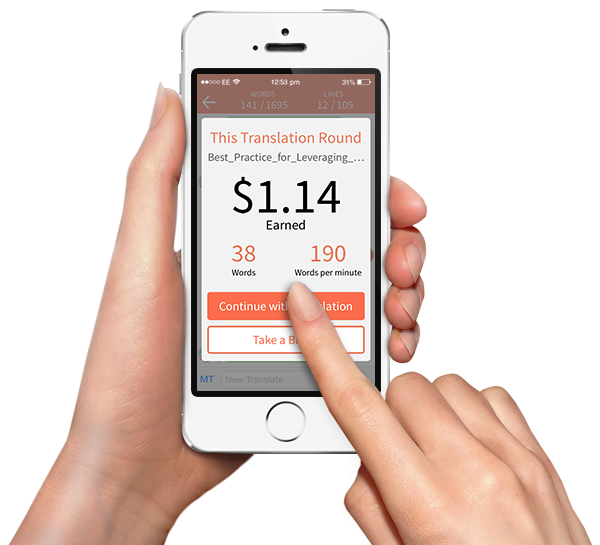
Join the Movement!
Become a Stepes Translator.
Improved Translation Efficiency on Mobile
Mobile messaging makes language translation both user friendly and highly efficient.

Work With Your Voice
With powerful speech recognition on both iOS and Android devices, translators can finally work using the fastest tool – their voices.
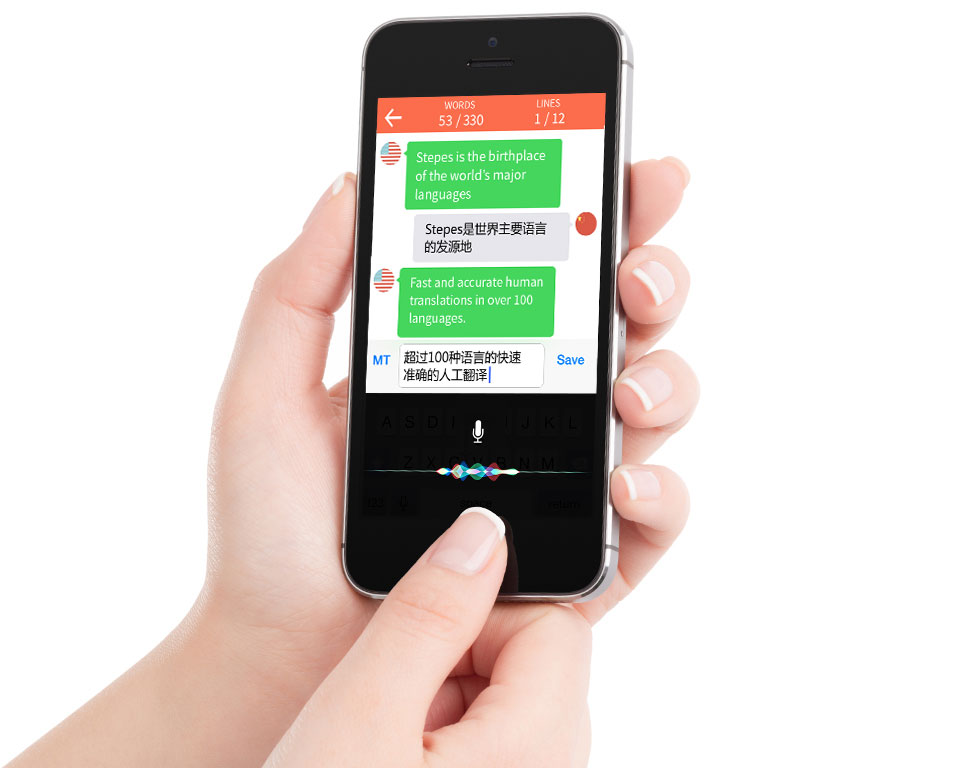
More on Mobile Translation
Mobile: The Coming Revolution
Stepes is a groundbreaking app for translators and those who need translation. It is also mobile-centric.The decision to heavily focus on mobile-based component for Stepes is intentional. We strongly believe that mobile is the future of technology and sticking to a mobile platform – while risky – will make Stepes a revolutionary application rather than just a good one. Mobile – a term including both mobile phone technology...
The Evolution of Mobile Translation
The term ‘mobile’ has taken on new meanings now that mobile apps allow professional translators to translate anywhere. Before Stepes and other truly mobile based translation tools came about, mobile translation used to mean either the localization of mobile apps themselves (i.e. the translation of the user interface of mobile applications into different languages) or mobile translation apps that....
3 Ways Mobile Technology Will Drive Global Communication
The translation and localization industry is expected to grow into a $47 billion industry by 2018, largely propelled by new globalizing markets in China and India. Technology innovations, particularly in the mobile arena, will be crucial for allowing companies to meet this global demand. In particular, mobile apps have unlocked the sharing economy – new ways that people consume and provide goods and services...
Mobile and medical translation quality
Some people mistake mobile translation as simply translating the user interface of mobile apps into different languages. Mobile translation is more than just mobile app localization however. Mobile translation really means translators translating on their smartphones instead of desktop computers. While the difference between translating on mobile and desktop translation may seem like just a minor technicality, the implications are huge...
Stepes Is A Bet That A Chat App Can Mobilize Crowdsourced Translation
Mobile messaging is eating the world. So it follows that mobile messaging interfaces will eat UI design. To wit: meet Stepes, a “chat-based translation app” created by veteran software localization company CSOFT. For “chat-based” read: it has a mobile messaging style UI. (For another recent example of messaging interface appropriate see also: Dojo-Labs.)...
Six reasons why mobile translation is poised to explode
In 2012, Google received over two million search queries per minute globally; by 2014 that number more than doubled. That means Google was receiving three billion queries per day, working out to 90 billion queries a month or about 1.1 trillion searches per year. In terms of information size, Google’s search engine processes 20 petabytes of information now per day which is, according to Cost of Content Clutter Infographic, equivalent to half of all of the written works of mankind created since...
Got questions?
Speak to one of our support agents.
